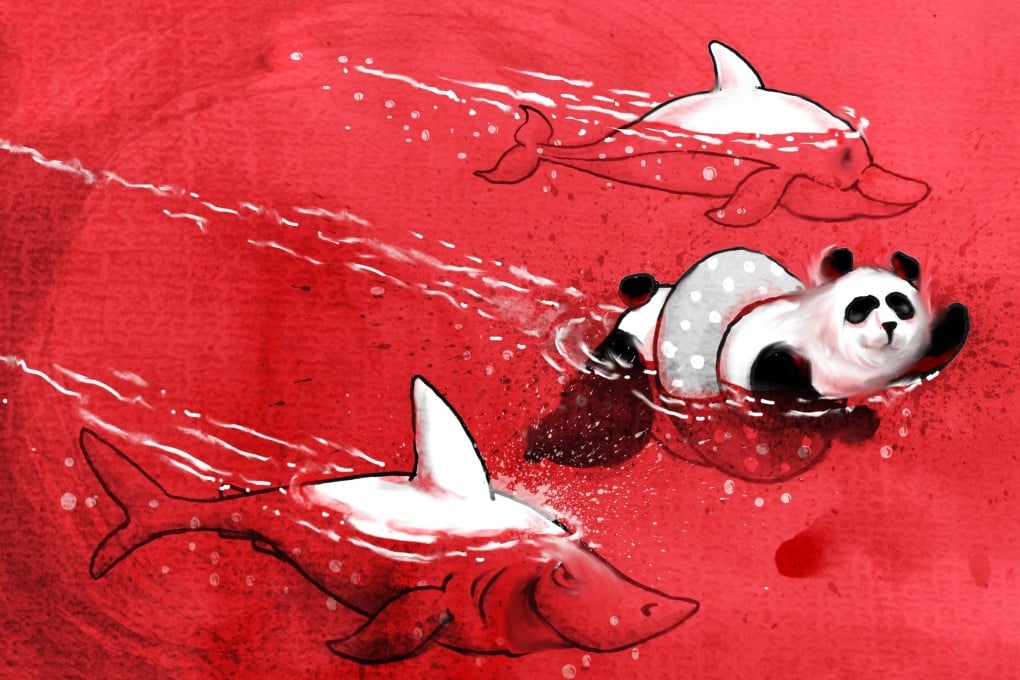China’s ‘two sessions’: Beijing must juggle competition and cooperation in historically unprecedented global trade environment
- Establishing a high-standard rule system for a more open economy is expected to be a top priority for Chinese leaders at upcoming meetings
- Some trade analysts say that while China may become more competitive on trade in the coming years, it may also be the most important global trade partner

China’s political elite will face a number of challenges when they gather in Beijing next month for the year’s biggest legislative set piece – the meetings of the National People’s Congress and the Chinese People’s Political Consultative Conference, informally known as the “two sessions”. In this latest part of a series looking at the key items on the agenda, we examine the country’s trade ties and challenges.
The history of global trade is littered with all kinds of conflicts, but few stand out like the one China finds itself in now.
As China’s political elite ready themselves for next month’s meeting of the National People’s Congress, the country’s legislature, they are faced with a trade environment that has no precedent, according to industry experts.
In the past three months, China has managed to sign three trade pacts while still embroiled in conflicts with some of its fellow and associated trade pact members – namely Australia, the United States and the UK.
The contradiction could signal that, despite political differences, many countries understand that having China as part of their trading equation can be advantageous, given China’s manufacturing capabilities, experts say.
China’s case is very unique. I can’t think of any other historical story that would combine such a phenomenon of attraction and repulsion
